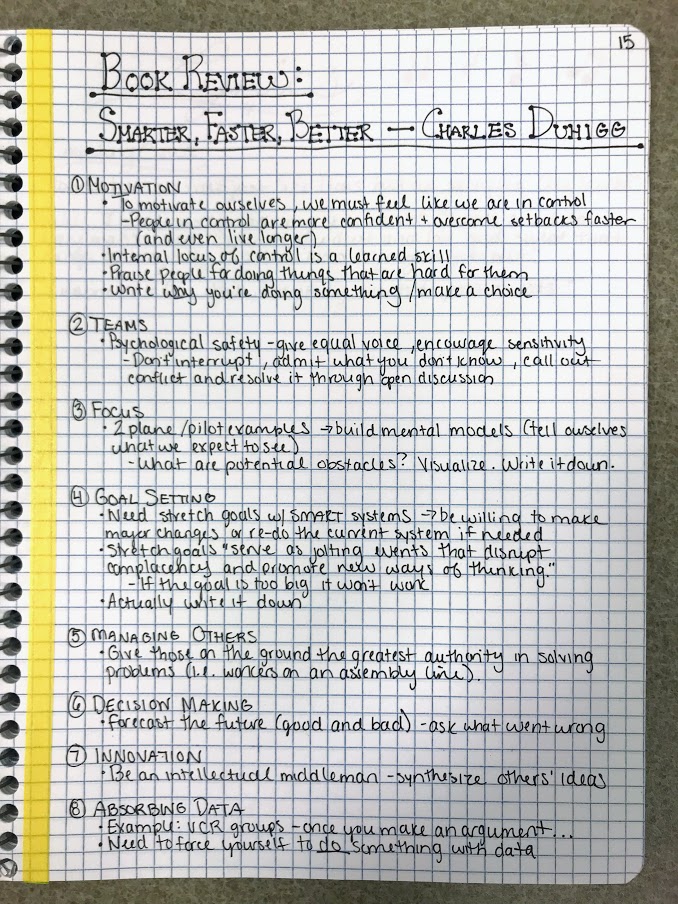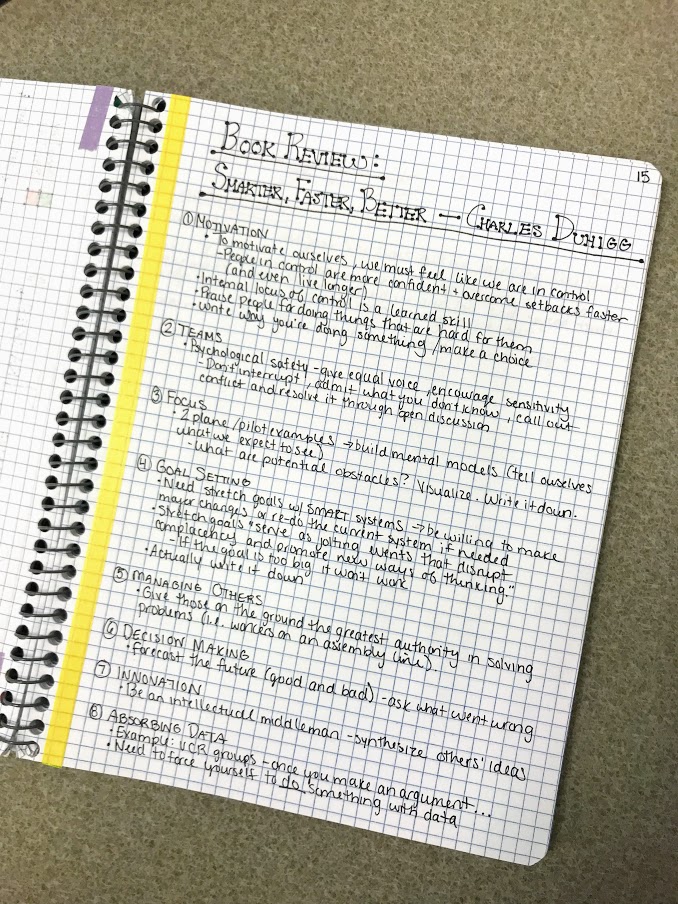The Art and Science of: Book Reports
I remember like it was yesterday.
I was in third grade. I was equal parts nervous and excited while I walked to the front of the classroom. It was my turn to present my book report; a poster I made about Harry Houdini. Not only do I recall presenting, but I distinctly remember checking the book out at the public library, reading it cover to cover twice, and enthusiastically decorating my poster board at my dining room table.
God, I was a nerd.
Here’s me, my cousins, my sister, and my grandma right around the age I would have been…



Yep…I probably looked like that. So pumped. In front of my whole class.
As nerdy as it may have been, I still remember an abnormal amount about Houdini, despite the fact that this was roughly 22 years ago. For example…
Did you know that Houdini was an avid aviator? He hoped in time he would be remembered for this more than his illusions and stunts (I’m doing my part to spread the word, Harry!).
And did you know that he also loved acting and made several movies? He was even given a star on the Hollywood Walk of Fame posthumously!
I remember details like this because I did not just read the book, but I took the extra step required in making a formal book report about it. I read books like Tom Sawyer and The Boxcar Children too…but I could not tell you anything tangible about these.
And we have probably all heard by now that science agrees; writing things down helps you remember the information better than simply reading it or even typing it on a computer.
So if they are helpful for retaining bits of information (for at least 22 years in my case), why do we stop writing book reports in elementary school?
If you are someone like me who loves to read non-fiction, particularly self-help books, this idea becomes even more essential. I don’t know how many amazing books I have read which are jam packed with tips and tricks to help me achieve my goals, that I just can’t remember. Sadly, that means I don’t implement the author’s advice into my work or my personal life.
Then came my non-journal. A place where I could put anything I want. It’s not quite a traditional journal, but rather a space where I can write (or doodle, track, brainstorm, list, etc.) anything.
About 6 months ago I had just read a book called, Smarter, Faster, Better: The Transformative Power of Real Productivity by Charles Duhigg. So many things could apply to my work and goals that I found myself taking tons of notes in the margins. When I finished I thought about the fact that it would go back on my shelf, most likely never to be opened again.
Well that sucks, I thought.
But then I asked myself, why can’t I write some of this down? Kind of like a book report? I’ll be a huge nerd…but what else is new?
So I did:


And you know what? I have actually used the information I learned in this one book several times. I’ve put ideas from it into training workshops for the students I supervise, I’ve thought differently about how I set goals, and I even read an excerpt from it in the mentoring class I teach.
I have since done this for many books I have read, whether they were for personal development or just for fun. I now remember better what I learned in each of these (and some will even have their own blog posts soon):
- Sapiens: A Brief History of Humankind, by Yuval Noah Harari
- The Leadership Challenge, 6th Ed., by James Kouzes and Barry Posner
- Better than Before: What I Learned About Making and Breaking Habits, by Gretchen Rubin
- Dark Matter and the Dinosaurs, by Lisa Randall
- The Dueling Neurosurgeons, by Sam Kean
- Narrative of the Life of Frederick Douglass, by Frederick Douglass
It may seem silly, but this is honestly one of my favorite habits I have implemented into my routine in recent memory. So I strongly encourage you to embrace your inner nerd, and give it a try.
But first, consider this:
When you read, does the information pass over you? Or do you fully absorb it?
How might writing down your favorite tips, facts, quotes, or passages impact you and your goals?
2 Replies to “The Art and Science of: Book Reports”
Hey I do not remember authorizing that use of my image! Great post as always my sistar 🙂
I only post things that have no copyright protection 🙂